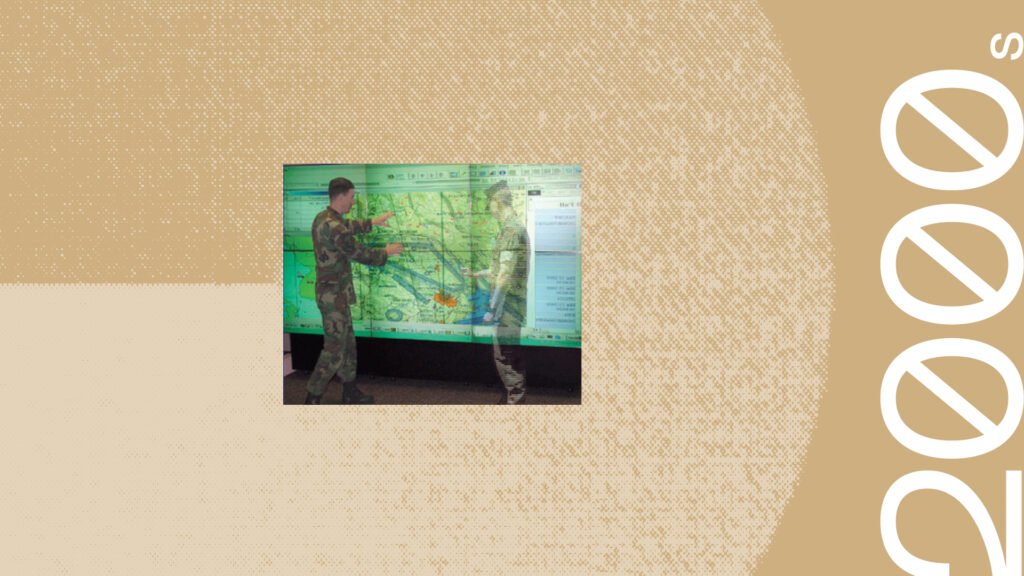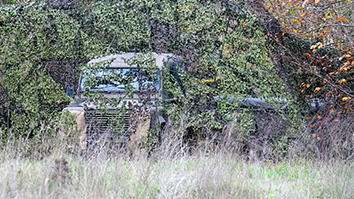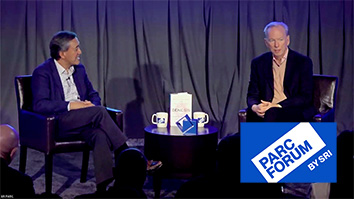
SRI’s Artificial Intelligence Center led development of one of the world’s largest artificial intelligence projects: the Cognitive Assistant that Learns and Organizes, or CALO. The vision was to create groundbreaking software that could revolutionize how computers support decision-makers.
CALO, part of the DARPA Personalized Assistant that Learns (PAL) program, was led by SRI. The five-year, $150 million project brought together more than 300 researchers from 22 premier research institutions. Their goal was to build a new generation of cognitive assistants that can reason, learn from experience, be told what to do, explain what they are doing, reflect on their experience, and respond robustly to surprise. Researchers themselves used the technology during its development to focus the research on real problems and to ensure that requirements such as privacy, security, and trust were met.
To bring the technology to the marketplace as a virtual personal assistant, SRI spun off Siri, Inc. in 2007. Apple acquired the company in 2010, and in 2011 Siri was unveiled as an integrated feature of the iPhone 4S. Other Calo-related spin-offs include Desti (smart travel guide for the iPad), Trapit (personalized content delivery app) and Tempo AI (smart calendar and productivity app for iPhone).



